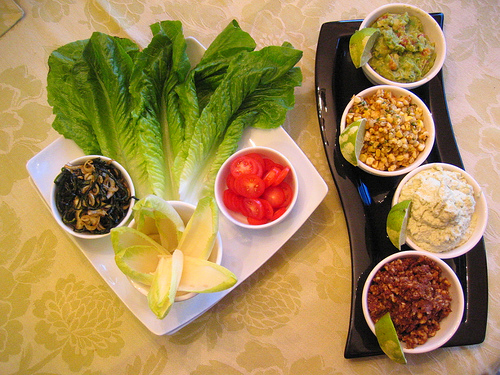Is a Raw Food Diet Really Healthy?

The idea of a raw food diet follows the belief that heating food destroys its natural enzymes and nutrients, essentially “killing” the food. Cooking food is bad, say raw food proponents, because whole foods in their raw state have the power to fight chronic disease and boost digestion, benefits you miss out on by cooking your meals. Some fans of this diet believe that cooking even makes food toxic and that a diet of raw food can boost immunity, cure headaches and allergies, improve memory, and help with arthritis and diabetes.
On a raw food diet, you eat uncooked, unprocessed foods, and many raw foodies also eat mostly organic items. The diet is full of raw vegetables, fruits, seeds, nuts, and sprouted grains. Some people even eat unpasteurised dairy products as well as raw meat, fish, and eggs. You are allowed to warm your food, but not enough to let it start cooking. You may use food processors, blenders, and dehydrators to prepare meals and snacks.
The Pros
A raw food diet necessarily contains lots of fruits and veggies, which help control blood pressure. It is naturally low in sodium as well, so it may help minimise your risk of heart disease, stroke, osteoporosis, kidney disease, and stomach cancer. It can also help you lose weight, which can keep you from developing (or help you manage) type 2 diabetes.
The Cons
If you don’t eat any animal products, you’ll need to take vitamin supplements to make up for nutritional gaps in your diet. Also, even though you won’t pay for meat, pre-packaged foods, meetings, or memberships, this diet can still cost quite a bit. Organic ingredients, as well as appliances such as juicers and blenders, can be pricey. The diet is also difficult to follow, as well as being probably unnecessary: cooking does not make food toxic, but rather makes most of it more digestible. Cooking even makes some nutrients easier for your body to access and use, such as lycopene and beta-carotene. And pregnant women, young children, older individuals, and those with compromised immune systems should probably avoid this diet because of the relatively high risk of food poisoning.
Conclusion
You can lose weight on a raw food diet, but the diet is likely to be nutritionally inadequate and prohibitively restrictive. You’ll also miss out on certain nutrition powerhouses such as beans and whole grains, which have to be cooked. You’ll be better off following a whole-food diet that allows for lots of plant foods as well as lean meat and low-fat dairy to round out your health.
Share Your Thoughts!